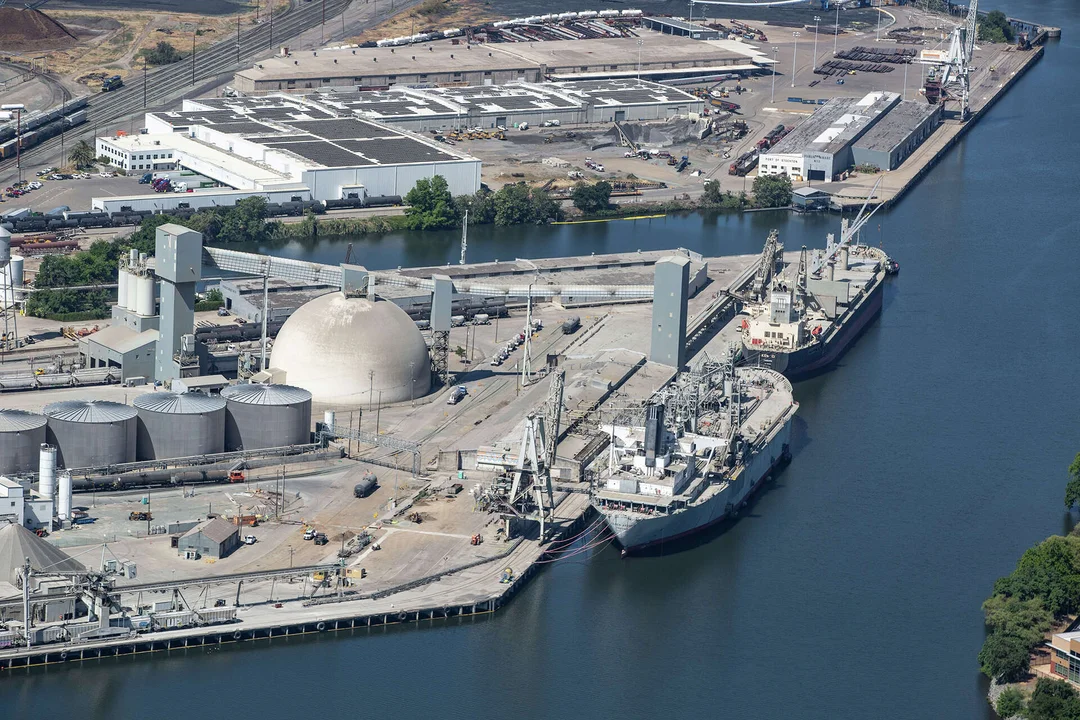
Could California’s Water Supply Be at Stake? The Alarming Rise of Golden Mussels
In a troubling development for California’s ecology and water infrastructure, officials have identified an invasive species, the golden mussel, previously unseen in North America. Discovered in the Sacramento-San Joaquin Delta last October, this minuscule but formidable mollusk could disrupt the state's water supply, threatening many residents who rely on it.
The golden mussel, originating from East and Southeast Asia, is not just another invasive species; it has the potential to form dense colonies that can choke water pipes and damage engines. With two-thirds of Californians depending on water from the San Joaquin Delta, the implications of this invasion are far-reaching. Krysten Kellum, a spokesperson for the California Department of Fish and Wildlife (CDFW), emphasizes the need for swift action, stating, “These impacts necessitate ongoing, costly removal to maintain operational function.”
To combat this urgent threat, the CDFW has launched a comprehensive strategy dubbed the Golden Mussel Task Force. This statewide interagency initiative includes collaboration with California State Parks and the Department of Food and Agriculture. Their objectives are clear: to prevent further spread and mitigate negative consequences through targeted inspection and decontamination practices.
Starting Monday, a new wave of restrictions was enacted at Jenkinson Lake in El Dorado County, where boaters must launch only if their vessels have been sealed for decontamination. Boats failing the inspection will need to undergo a 30-day quarantine, with stringent protocols in place to manage threats posed by previously contaminated vessels. Non-motorized crafts like kayaks are exempt if confirmed to be clean, drained, and dry.
In addition to these local measures, the CDFW is allocating $1 million in grant funding to boating facility operators to ensure safe practices and educate the public on maintaining clean watercraft. The proactive stance taken by California officials is a necessary response given that the golden mussel threat extends beyond just immediate environmental concerns; it can lead to significant economic implications. According to experts, clogged pipes could impede water flow required for agriculture and delay energy production—vital components of the state's economy.
As more reservoirs and lakes take similar preventive actions, California’s approach sends a clear message about the necessity of proactive management in preserving both ecological balance and public resources. While this invasive mussel may seem a small threat at first glance, the unfolding story illustrates how interconnected ecosystems can impact everyday lives.
In light of this evolving situation, one must ask: How prepared is California to deal with the long-term implications of golden mussels and other invasive species? Readers are encouraged to share their thoughts on this pressing issue and to report any sightings of golden mussels to the CDFW.
Will California successfully shield its water supply from this unwelcome invader? Your opinions matter—join the conversation and share your insights.